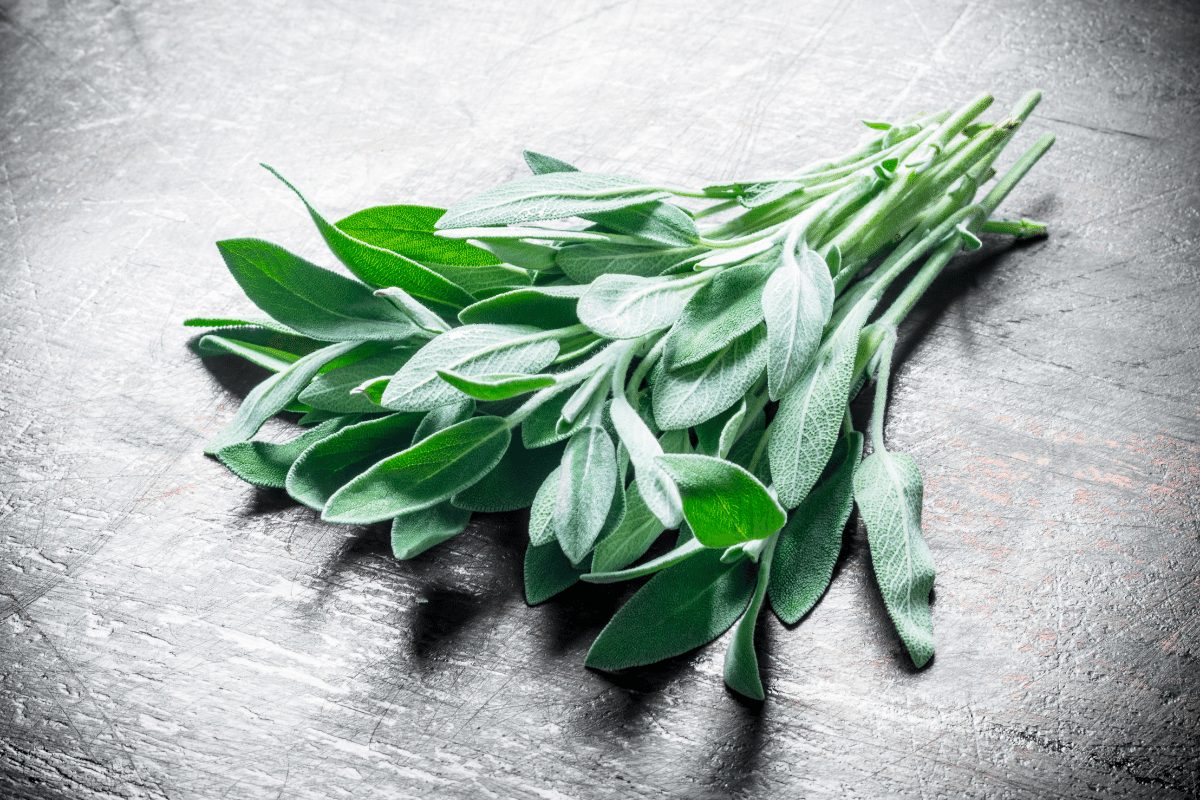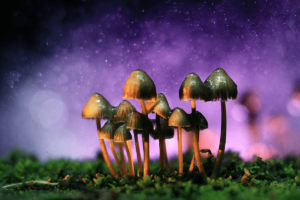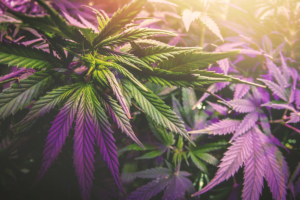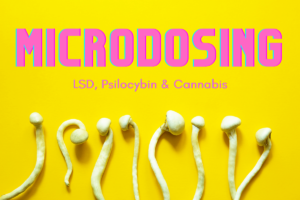Salvia is one of the many hallucinogens consumed by psychedelic enthusiasts with a deep history of ritualistic applications by the Mazatec Indians. Indigenous tribes have consumed salvia for thousands of years for spiritual healing, and shamans would offer the tea brewed from the herb’s leaves to people for therapeutic purposes. There are similarities between traditional and indigenous consumption of salvia and the use of San Pedro cacti which contains the alkaloid mescaline.
Recently, salvia has seen a resurgence of interest in modern culture, not necessarily as a therapeutic treatment but more as a recreational drug.
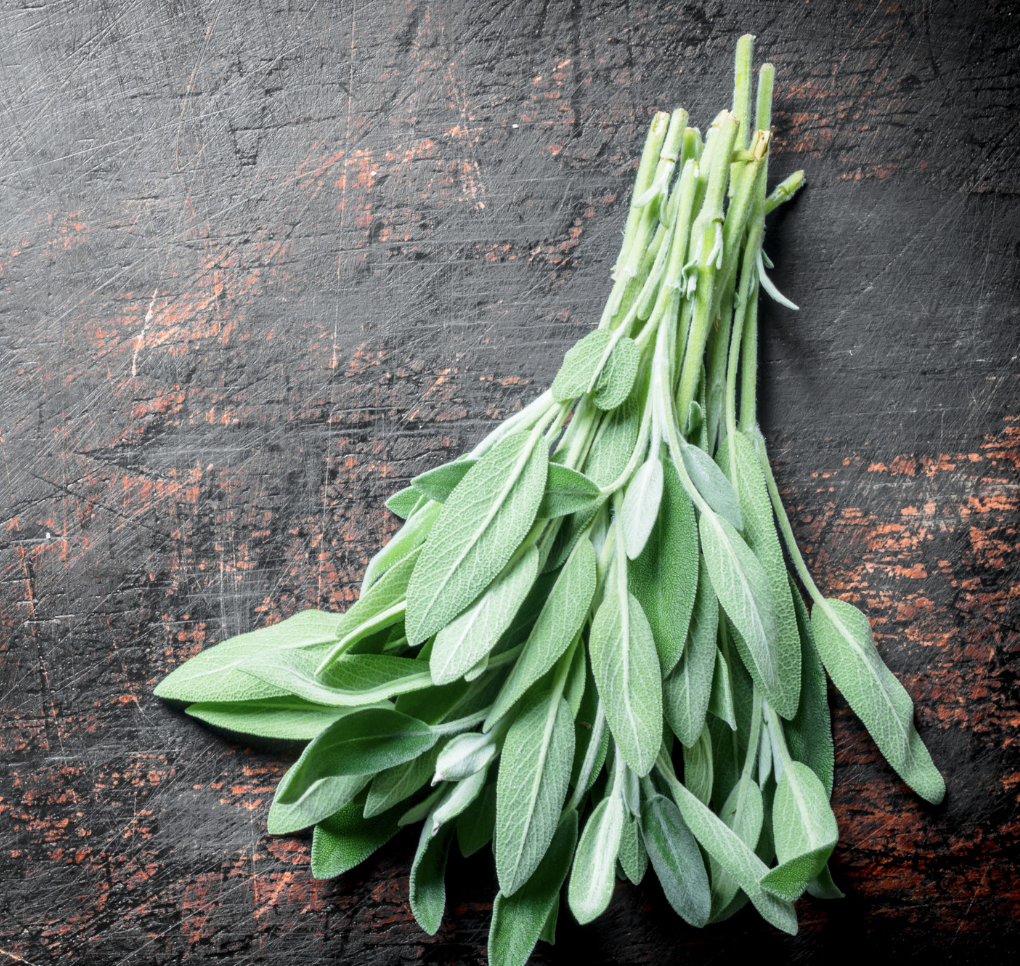
What Is Salvia?
Salvia or salvia divinorum is a perennial herb indigenous to Oaxaca, Mexico, and belongs to the mint family (i.e., Lamiaceae). The herb goes by the street name of Sally-D, Magic Mint, Maria Pastora, and Diviner’s Sage. Salvia leaves take on a green spade-shaped appearance that closely resembles mint leaves.
When smoked or chewed, salvia produces a strong hallucinogenic effect in roughly five to ten minutes and usually lasts for 30 minutes up to a few hours. Psychedelic practitioners who use salvia usually avoid rolling them into joints since the preparation may significantly reduce the potency of the dried herb.

What Are the Effects of Salvia?
Salvia plants contain a potent hallucinogenic compound called salvinorin A, which affects the natural human brain chemistry. Salvinorin A affects how neurons in the brain naturally communicate/signal and change the way they release neurotransmitters that drive thought processes.
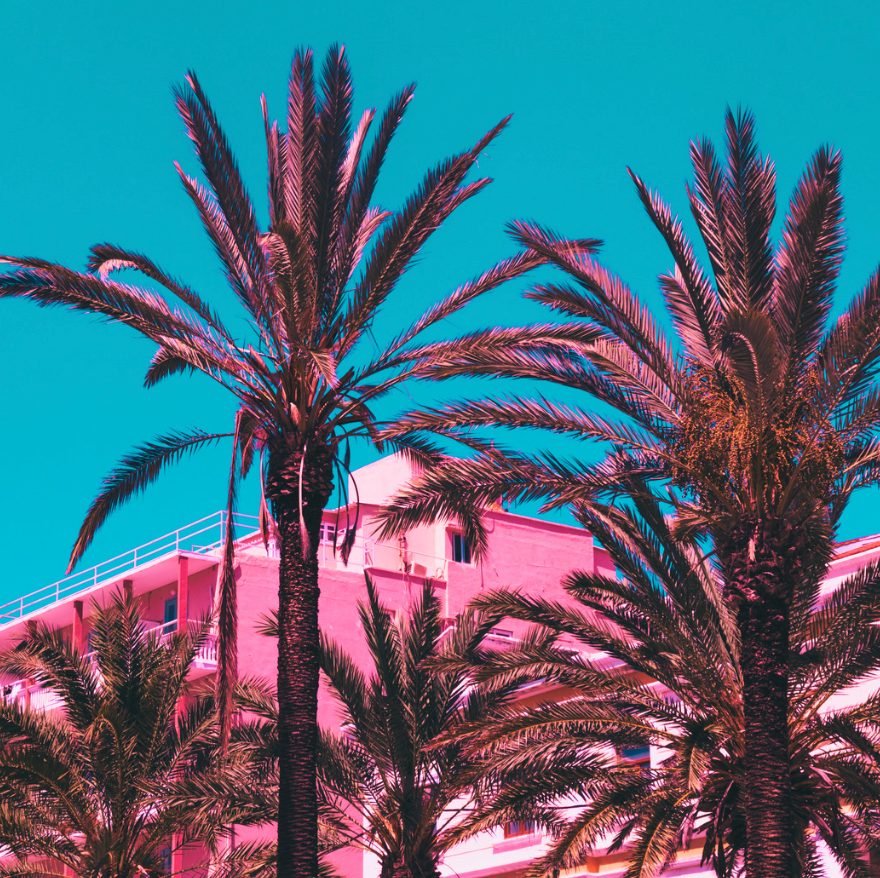
The National Drug Intelligence Center (NDIC) recommends less than 500 grams for each salvia dose due to its potency. Salvinorin A produces neurological effects by attaching itself to a brain subcomponent called the kappa opioid receptors. Conventional recreational drugs like MDMA and opium target the mu-opioid receptors that result in addiction.
In comparison, salvinorin’s link with the kappa opioid receptors might cause depressive effects that deter addiction. As such, scientists have considered salvia in the medical advancements of Alzheimer’s treatment and coping with chronic pain since interaction with the kappa opioid receptors result in in in analgesic effects without causing addiction.
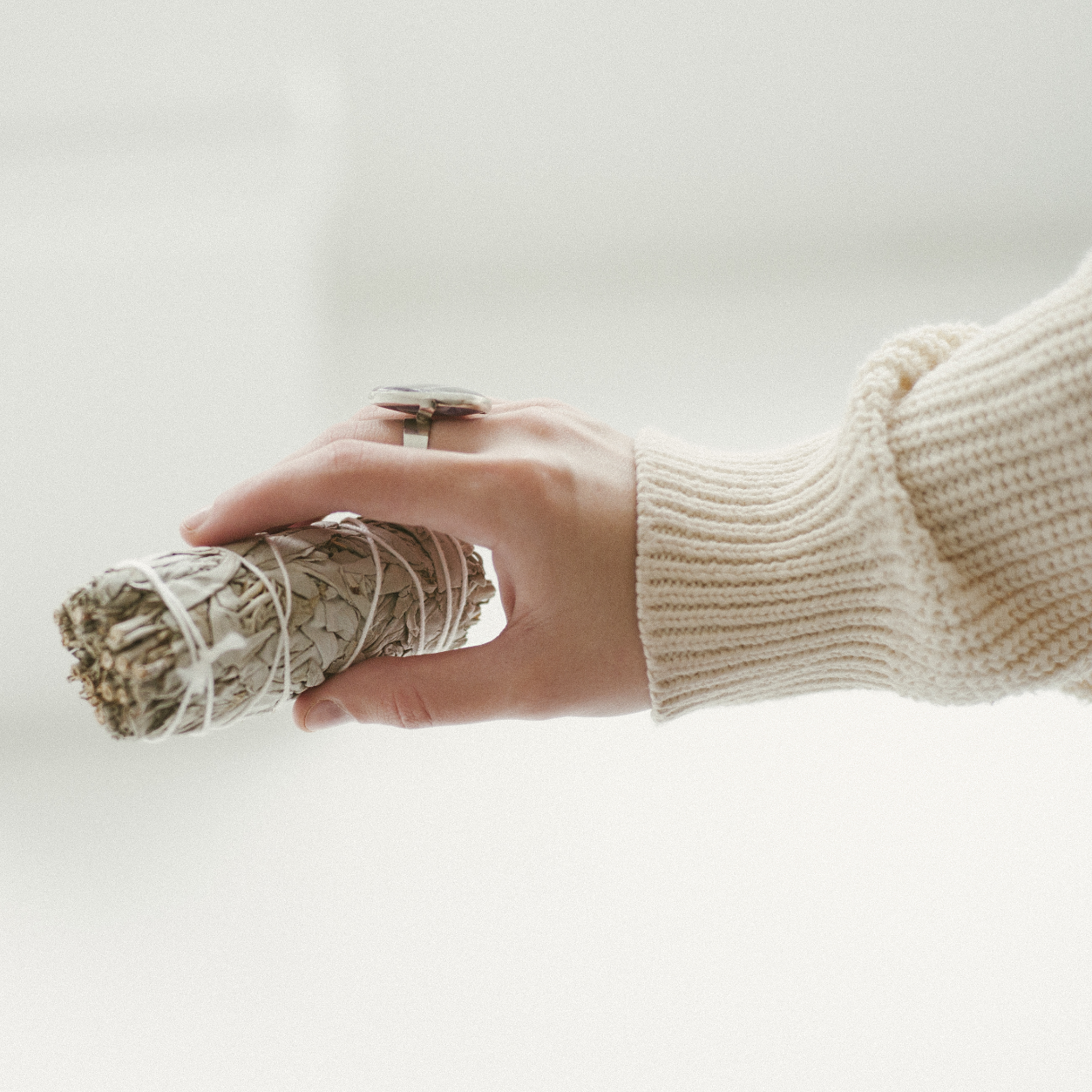
What Are the Therapeutic Benefits of Salvia?
The Salvia plant provides various benefits, such as an increased defense against cancer and viral infections. Salvia achieves the process by selectively shutting off malignant cell proliferation (i.e., replication) and inhibiting cancerous tumor growth.

Salvia users have reported a wide range of potential health benefits, however, these require further research for conclusive results. The list of potential therapeutic effects includes the relief of:
- headache
- bloating
- rheumatism
- diarrhea
It is essential to note that US healthcare authorities currently do not approve of salvia for official medicinal uses, and there are risks associated with its use.
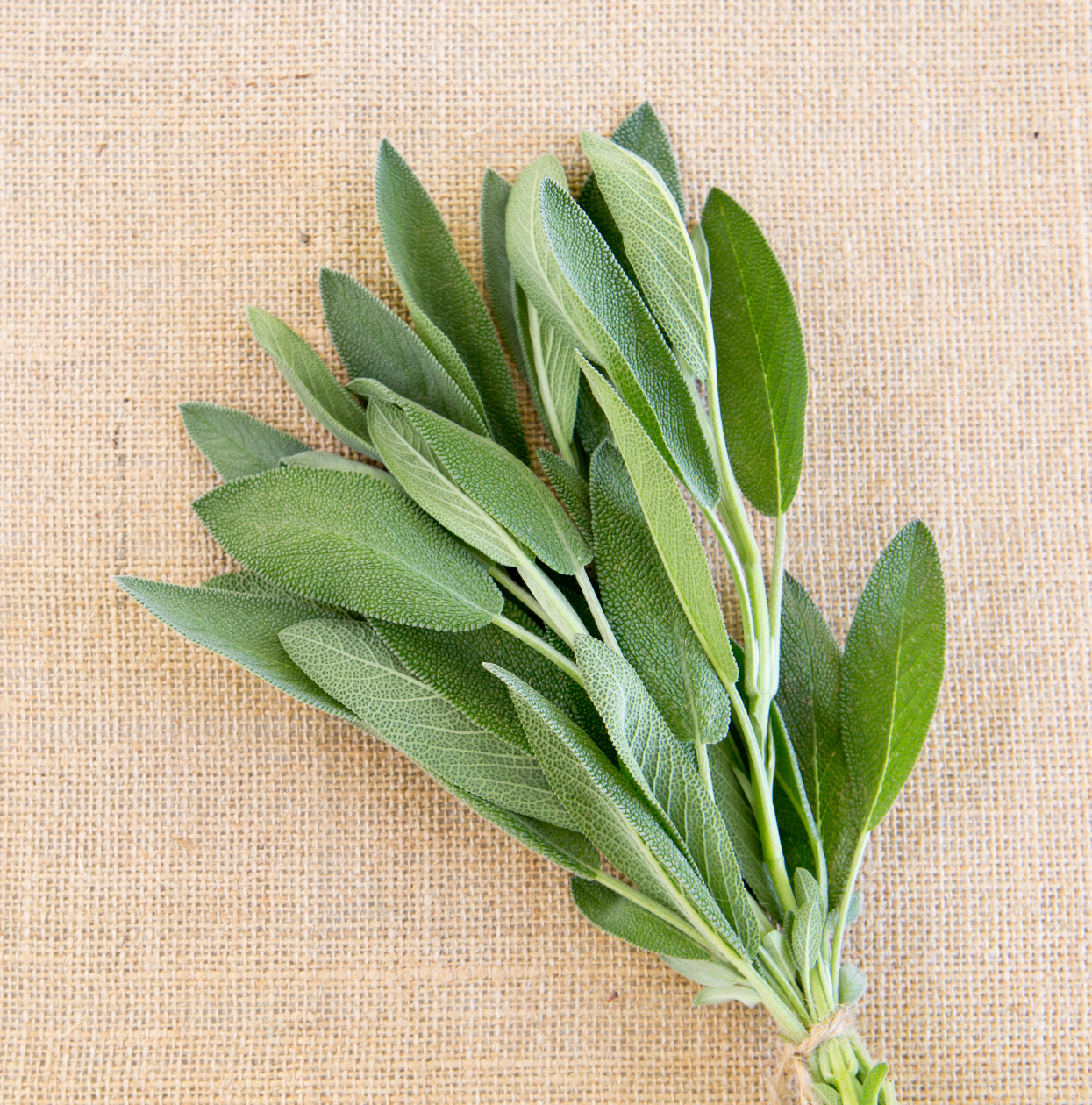
Are There Any Risks Associated With Salvia?
Similar to most hallucinogenic products, there are health risks associated with salvia use, depending on factors such as an individual’s health condition, preparation method, and the administered dosage.
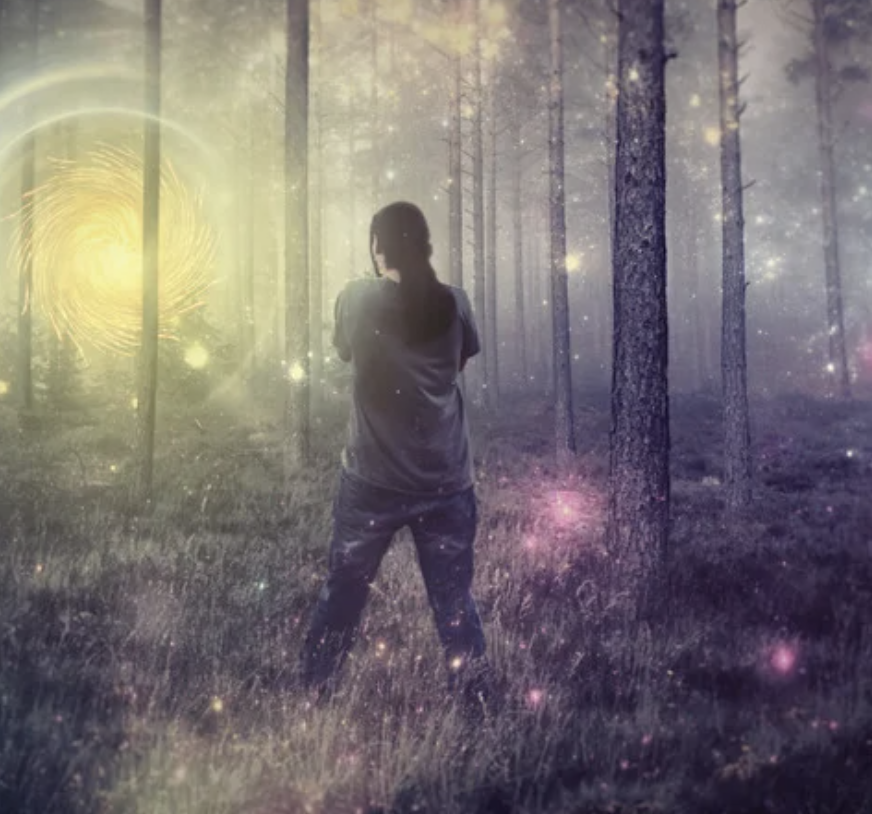
The most common side effects of salvia use include intense hallucinations, profuse sweating, mood disorders, loss of coordination, a sense of disconnect/desensitization from immediate surroundings, slurred speech, laughing fits, and jumbled senses (e.g., the ability to smell colors or taste sound).
In severe cases, consumers may lose touch with reality, resulting in reckless behavior. Due to salvia’s generally rapid effects, consumers generally recover from its effects quickly.
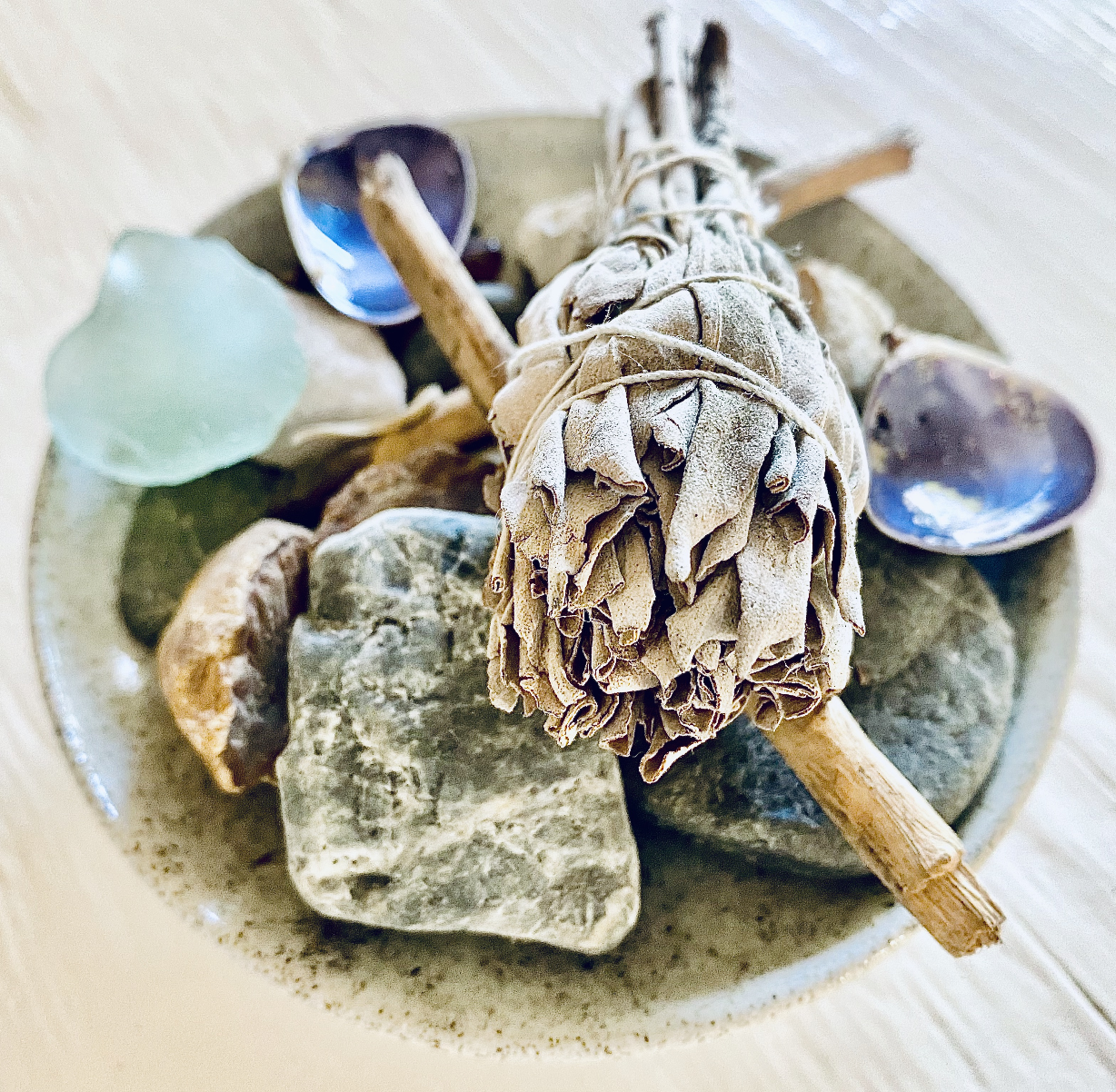
Is Salvia Legal?
Salvia remains legal under Federal law. However, many countries and states have created laws to regulate or outlaw its use.
For example, the state laws in Delaware, Florida, Hawaii, Illinois, Kansas, Kentucky, Minnesota, Mississippi, Missouri, Nebraska, North and South Dakota, Ohio, Oklahoma, and Virginia have banned salvia.
Similarly, many countries have made salvia consumption illegal, including Australia, Belgium, Croatia, Denmark, Germany, Italy, Japan, Latvia, Lithuania, Poland, Romania, South Korea, and Sweden.
Since salvia remains unprohibited in some states, US psychedelic companies have sold the herb as an alternative to LSD and mescaline.
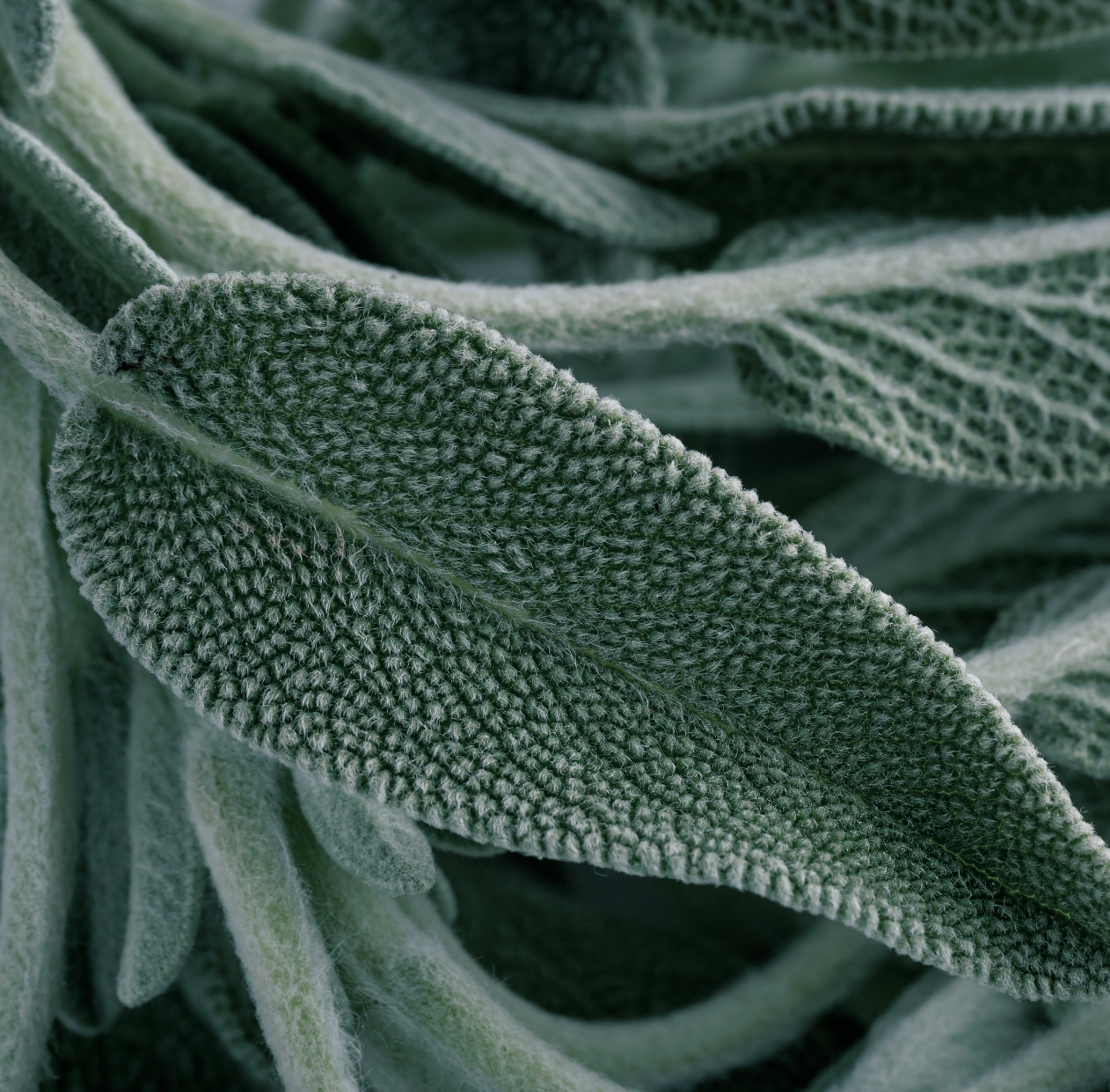
Where Can I Legally Seek Salvia Treatment?
You may find salvia-based therapy in states that have not outlawed the drug. While many states have created laws to restrict salvia use, you may still find the products legally available in Arizona, Idaho, Massachusetts, Nevada, New Hampshire, New Mexico, New York, Oregon, Rhode Island, South Carolina, and Washington.
You may also acquire salvia treatment in California and Maine with the age restriction of 18 years and 21 years in Maryland.
Get Your Medical Document & Purchase Medical Cannabis
It’s easy to get your medical document with the online Telehealth service HelloMD. Register, pay, and receive an online medical consultation with a licensed practitioner and start purchasing medical cannabis today.
Get Your Medical Document & Purchase Medical Cannabis
It’s easy to get your medical document with the online Telehealth service HelloMD. Register, pay, and receive an online medical consultation with a licensed partitioner and purchase medical cannabis today.



